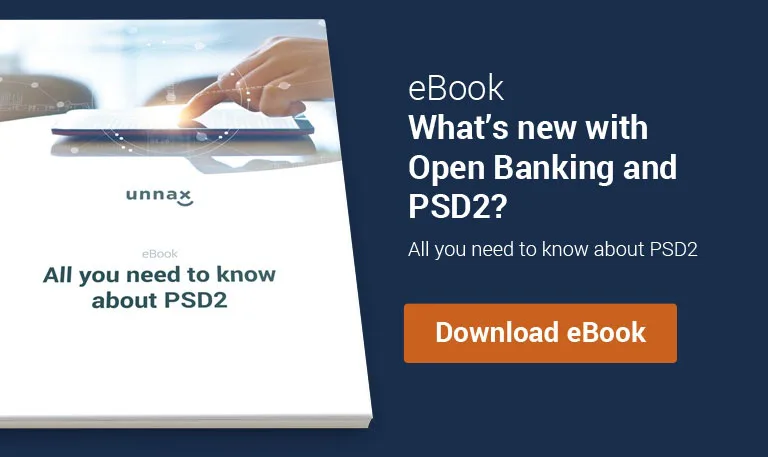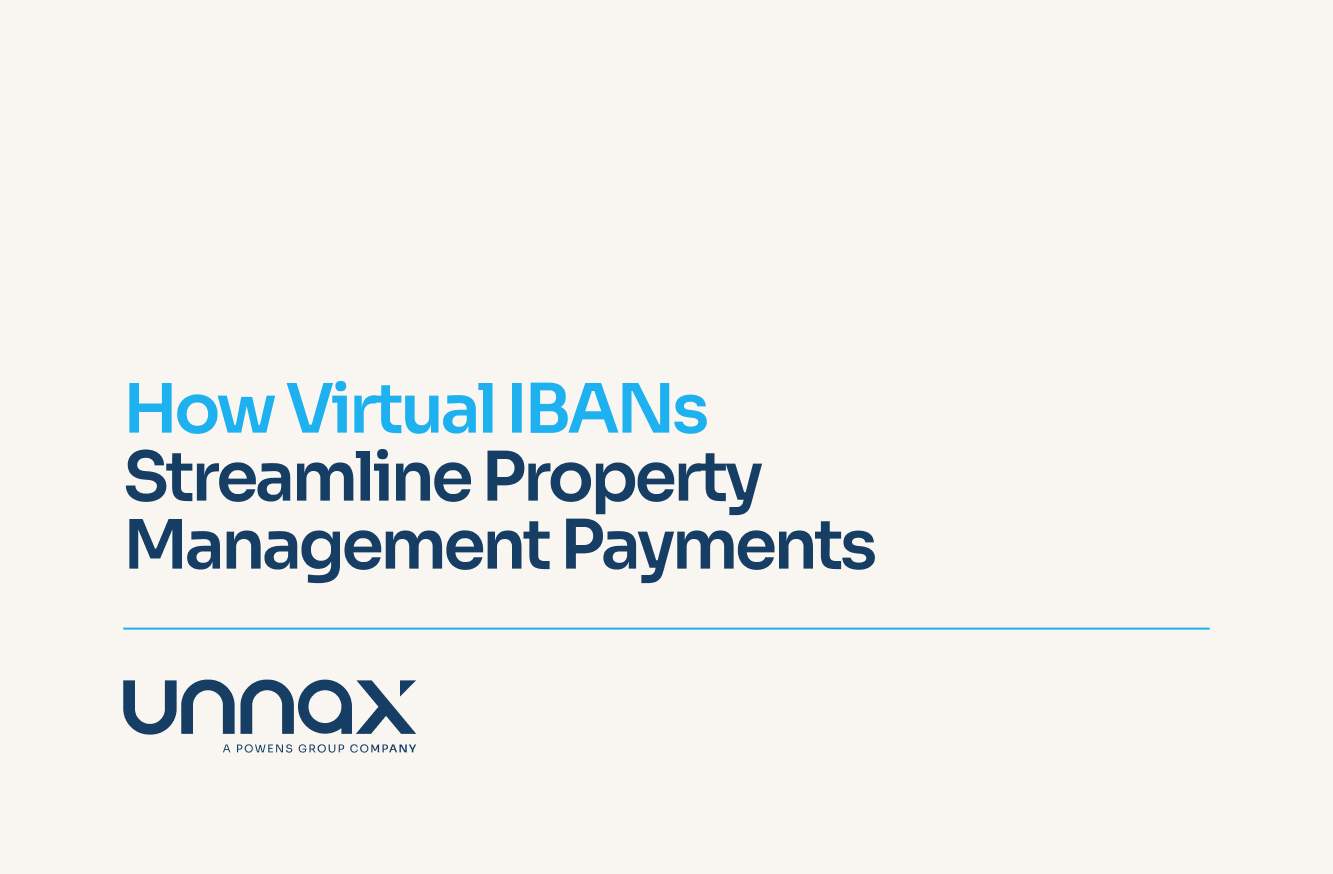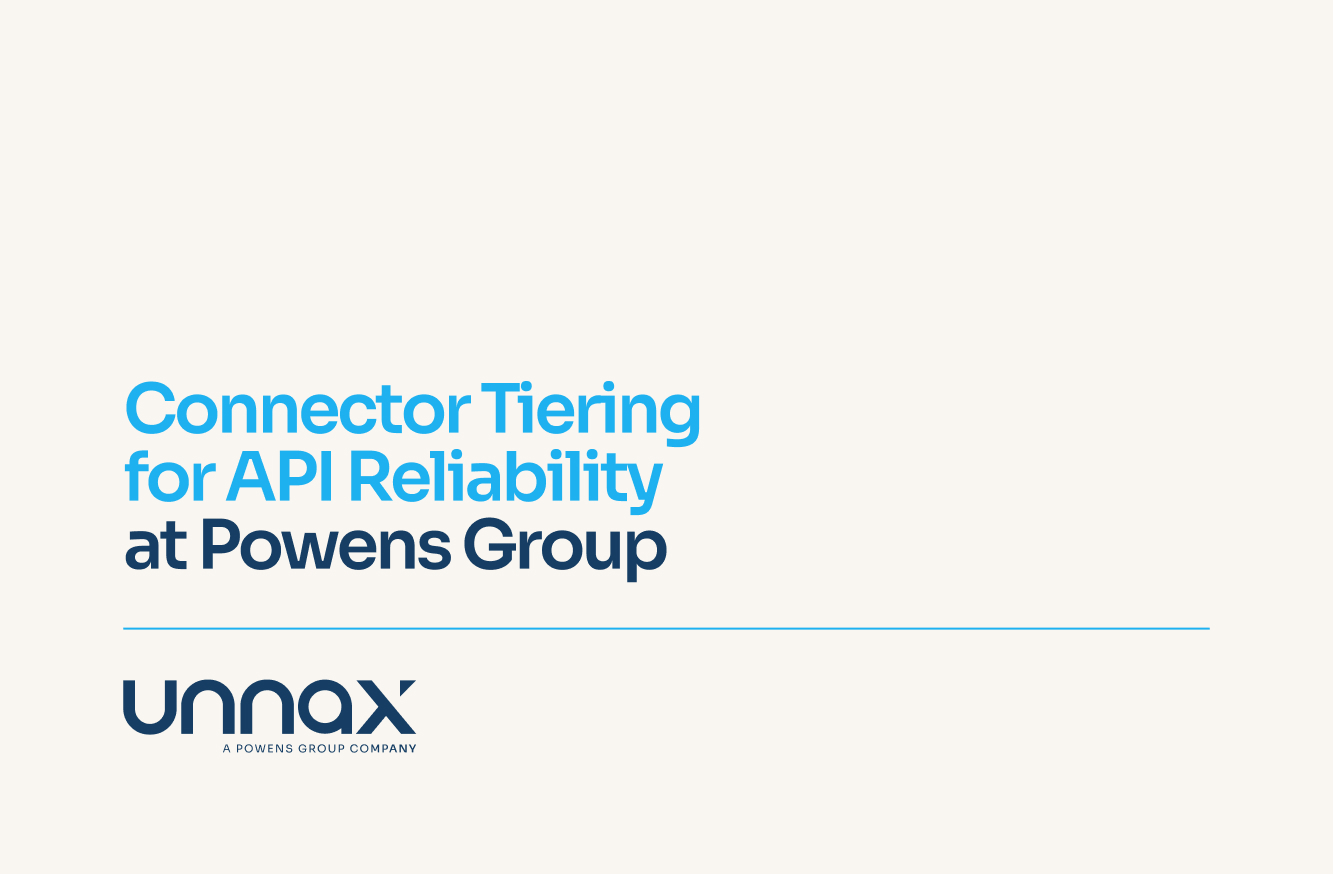We’ve grown accustomed to changes in finance and technology happening fast, to new ways of doing things replacing the old before consumers have even had the chance to process the change (or to consider if they want to do it; meaning we often hop on a train that is already in motion and accelerating out of the station).
On this blog, we discuss a shift in model that affects both sectors at once, finance and technology, so this acceleration is guaranteed: a very broad segment of consumers is adopting and using FinTech products (financial services that have been created using the digital revolution and new technology), will continue to do so and become more and more over the coming years.
A change brought about by regulation: PSD2
Although laws tend to lag behind the vitality of economic sectors and entrepreneurial initiative (and this time has been no different), it is true that the European Union hasn’t taken too long to join in, encouraging (and regulating) the FinTech phenomenon and the new ways of providing and using financial services.
The updated EU directive on payments, PSD2, aims to ensure the safety of all involved (traditional financial entities that must transfer their clients’ details, with their authorisation; companies using FinTech apps for their transactions; and FinTech start-ups that develop and distribute products). But it also aims to promote what is known as open banking.
PSD2: promoting competition
Open banking gives consumers of financial products (meaning all of us) ownership of their data (previously held exclusively by traditional entities, meaning banks). And this new openness to allowing new organisations (with new ways of doing things, faster and more agile, more focused on offering innovative and value-added services) to operate in the sector is an open door to increasing competition.
The idea behind this is to give the fresh air that has blown into the financial sector a more permanent place there. For consumers who already choose from a wide variety of formats (e-commerce, traditional physical establishment, shopping centre, digital marketplace) for their purchases in any area to not be limited to big banks when deciding to use financial services.
So, are banks going to disappear?
Hard question. The answer, taking into consideration that this is a very powerful, consolidated sector, is most likely no. That said, this doesn’t mean that FinTech companies aren’t going to take over a significant part of the financial market. And, at the same time, this unstoppable reality will force banks to rethink their model. In fact, many have already acquired FinTech start-ups.
Others have developed their own apps or collaborated with start-ups to offer products through their own platforms. Nevertheless, application of PSD2 (some technical issues must still be addressed before it can be definitively implemented throughout the EU zone) and consumer evolution/adaptation to the new offering will determine how the role of all the market players evolves, including traditional banks.
Accept change or…
Despite the roadblocks some are trying to put up, the change underway in the financial sector (and many others: transport, culture, housing and accommodations, etc.) is disruptive and unstoppable. It is snowballing and, no matter how people try to stop it, will end up permeating all areas.
So, traditional financial entities will have to accept that there are many activities that before were their exclusive domain (loans, transfers, currency exchange, trading, financial analysis, etc.) but no longer are. And not only that: their competitors often not only do the same thing they do, but are doing it better (better, with more user-friendly interfaces, faster, etc.). So, instead of saying banks will disappear, we could say that banks are changing and ceding ground. At Unnax, we’ve already claimed our bit of it. Want to learn more?










